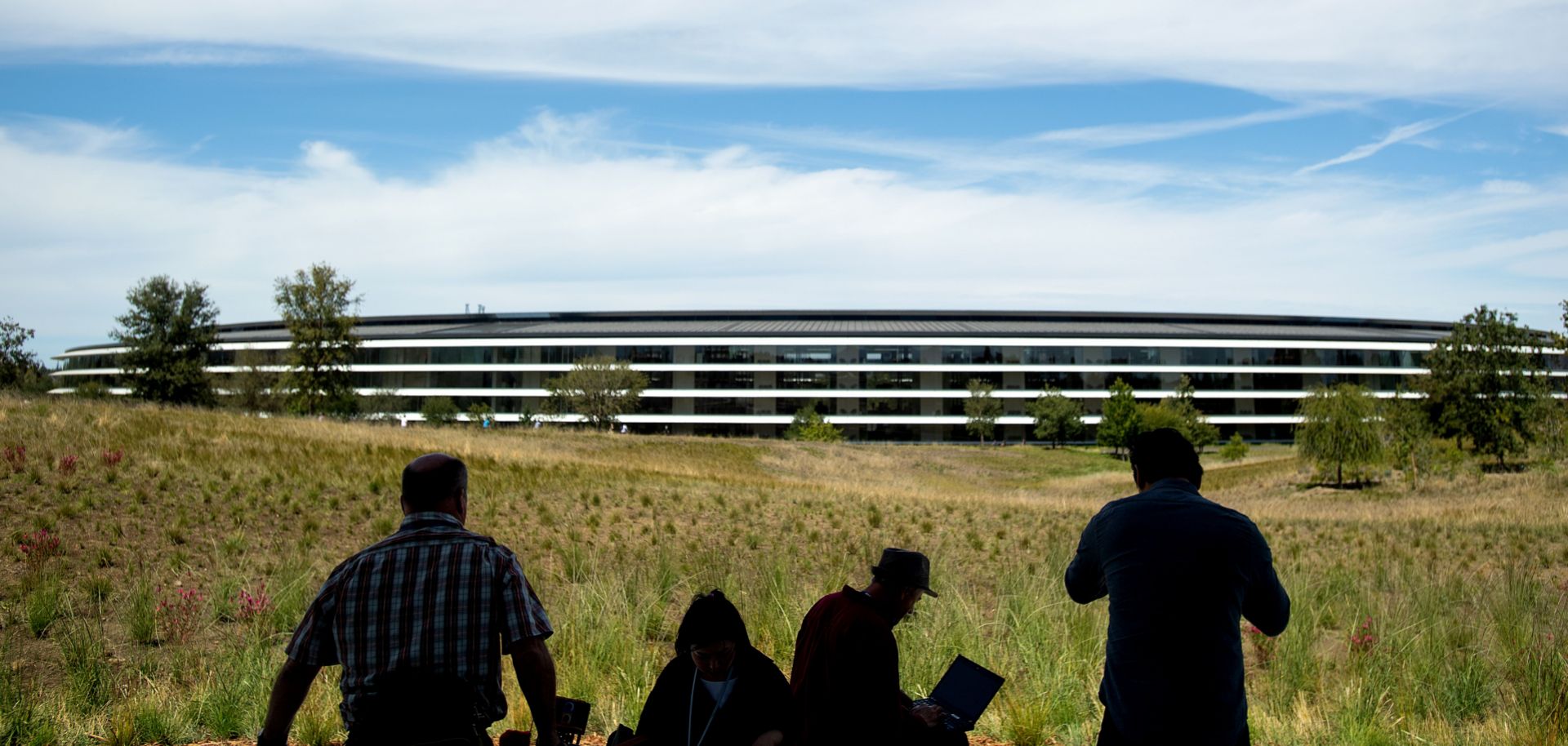COLUMNS
An Arrest at Apple Shows How Corporate Spies Worm Their Way Into the System

Feb 5, 2019 | 09:30 GMT

Journalists gather for a product launch event at Apple headquarters in Cupertino, California, on Sept. 12, 2018. Corporations like Apple must always be on their toes against would-be agents stealing their secrets.
(NOAH BERGER/AFP/Getty Images)
Highlights
- Two cases in which engineers working on Apple's autonomous vehicle program allegedly stole trade secrets show that corporate espionage will continue to be a major threat to companies.
- Nevertheless, the prosecution of an insider may not necessarily discourage future employees from following the same path.
- The differences in the tactics in the two cases demonstrate that corporate spies will learn from the mistakes of predecessors, and adapt to changes in security policy.
Subscribe Now
SubscribeAlready have an account?
